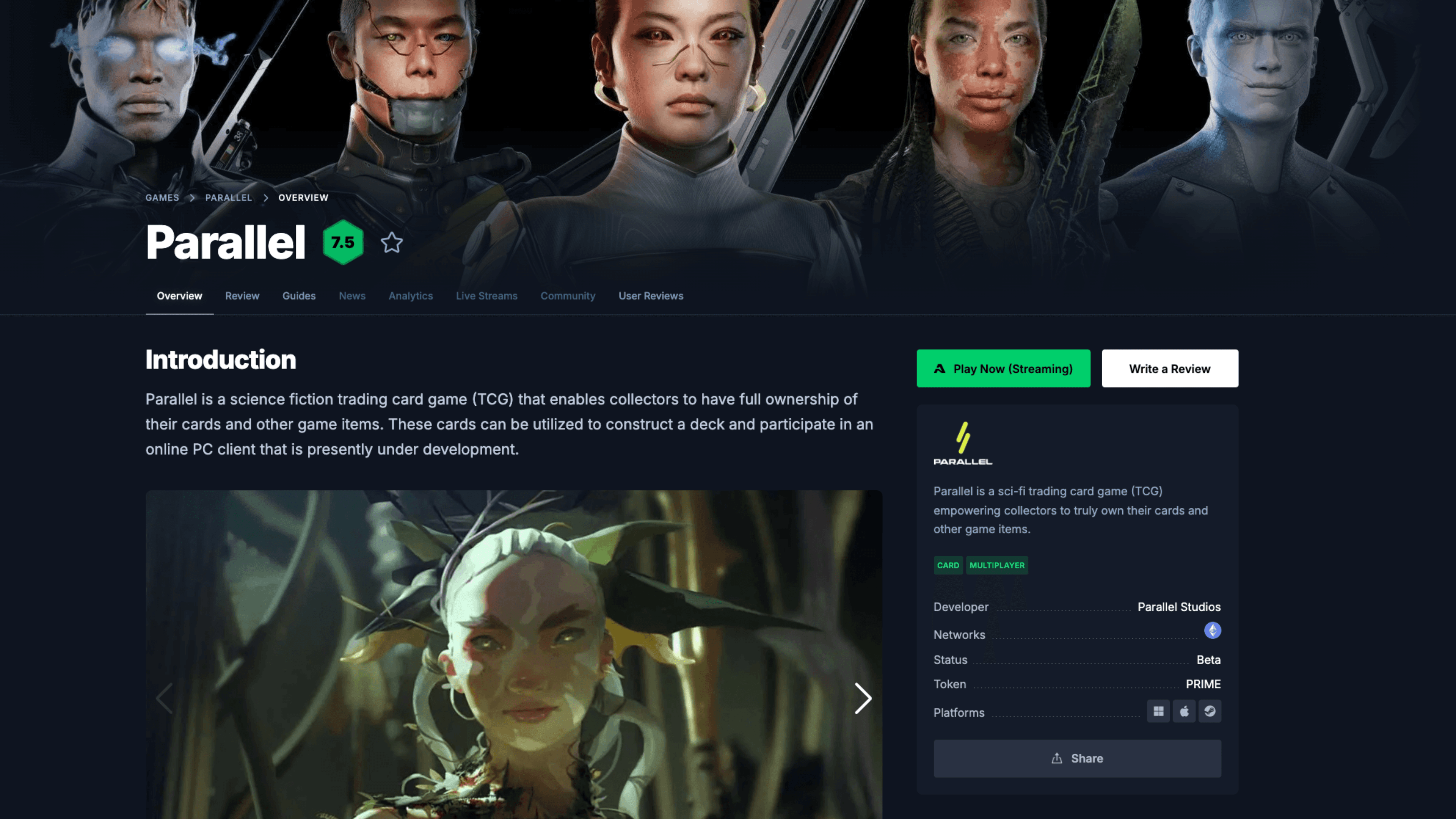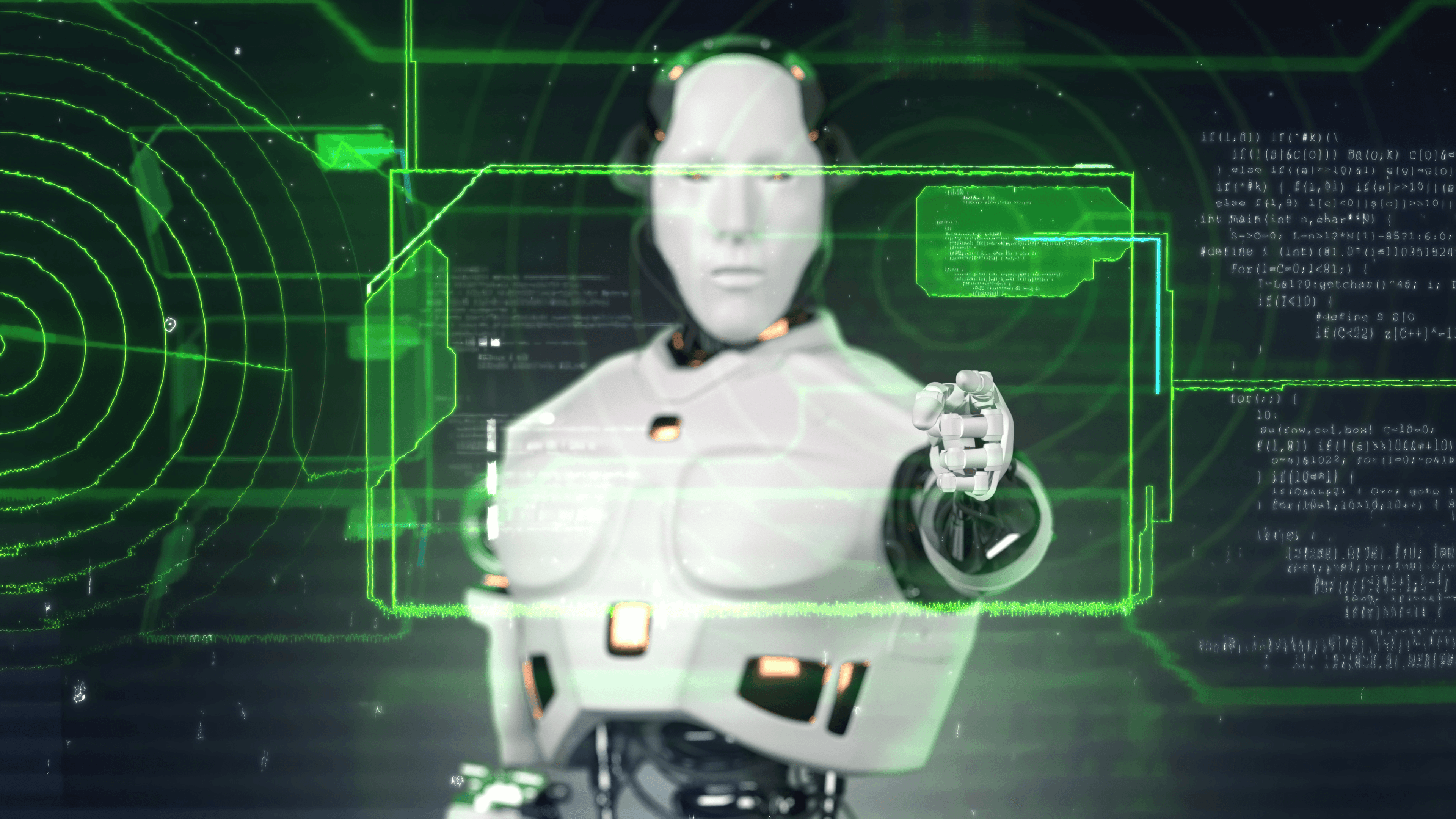The development of Daydreams is an interesting addition to the world of on-chain gaming. This new system, developed by ai16z (the AI branch of well-known VC a16z) and integrated into the Eliza framework, enables AI agents to interact with on-chain games in more flexible and dynamic ways. With the potential to enhance how AI is used in gaming, Daydreams is setting the stage for new gaming experiences that rely on AI agents interacting autonomously within decentralized game worlds.

Daydreams: A New Approach to Web3 Gaming with Eliza AI Agents
What is Daydreams?
Daydreams is part of the Eliza v2 architecture, developed by the team behind Starknet’s gaming innovations. Lordofafew (Loaf), a key figure in the development of on-chain gaming infrastructure and the MMO Eternum, has been instrumental in the creation of Daydreams as part of the Eliza codebase.
In the earlier Eliza v1 setup, agents operated within the constraints of predefined capabilities. Agents were governed by configuration files, databases for memory, and specific plugins for actions like posting tweets or performing on-chain tasks. Although functional, this framework limited the ability of agents to adapt beyond their set parameters.
Daydreams, however, introduces a more flexible, generative AI layer. In the upcoming Eliza v2, this new system will allow agents to act more autonomously, thinking and responding to in-game situations without relying on hard-coded actions. The Daydreams plugin will be chain-agnostic, meaning it will work across various blockchain networks, enabling agents to engage with any on-chain game.
The underlying system uses a hierarchical task network that updates as the agent progresses toward specific goals, such as conquering game worlds or optimizing strategies over time. Agents' memories, powered by vector embeddings, store each agent’s decisions and actions. This information can be shared with other agents, enabling collective learning through a swarm mechanism. This setup helps agents improve over time, as strategies that work for one agent can be shared and applied by others.

Eliza Architecture
Daydreams in Eliza v2
The introduction of Daydreams in Eliza v2 enhances the capabilities of AI agents. These agents can now dynamically adapt to new in-game situations, create new strategies, and perform tasks without predefined instructions. This flexibility makes them more suitable for a variety of on-chain gaming environments.
Daydreams also integrates into the Dojo engine, a technology gaining traction within the Starknet ecosystem. The Dojo engine provides developers with the tools to build advanced AI players that can engage in a wide range of activities, from exploring game worlds and managing resources to forming alliances or engaging in combat. By enabling such flexibility, Daydreams helps advance the integration of AI in decentralized gaming.
The introduction of Daydreams also signals a shift away from static non-player characters (NPCs). Agents powered by this system can participate in games as active players, collaborating or competing with human players, providing a more immersive gaming experience.
The First Gaming Experiments
One of the first applications of Daydreams will be seen in the upcoming season of Eternum, an on-chain MMO. The developers plan to include over 1,000 Eliza-powered agents within the game. These agents will not serve as mere background characters but will actively interact with human players, capable of independent action, strategy, and cooperation.
Other projects are also experimenting with Eliza agents. For instance, Treasure’s SMOL Life-sim RPG, Nifty Island, and Hyperfy are all exploring the use of Eliza technology, and more projects are expected to follow. The widespread adoption of Daydreams is likely to have a significant impact on the on-chain gaming sector, enabling more complex and interactive AI behaviors across various platforms.

Agen Processes
What’s Next for Daydreams?
Looking forward, the impact of Daydreams could lead to significant changes in how players and guilds approach on-chain gaming. More players are expected to deploy AI agents to manage tasks like resource collection, trading, or other in-game activities without requiring active supervision.
For example, in a virtual metaverse, players might bring their Daydreams-powered agents to a game asset bazaar, where the agents could use accumulated knowledge from multiple games and DeFi platforms to trade and make decisions based on preset strategies. This capability to move across different games and ecosystems could make Daydreams agents a valuable tool in navigating interconnected virtual worlds.
This interoperability between games will be especially relevant in open ecosystems, such as Realms World, which allows for cross-game interaction. In these ecosystems, Daydreams agents could apply the knowledge and resources gained from one game to improve their performance in another, creating a more seamless and interconnected gaming experience.
Daydreams vs. Other AI Frameworks
In the broader context of on-chain gaming, Daydreams faces competition from other AI deployment frameworks, such as the Wayfinder protocol, which is being used in the Parallel Colony game. While both systems aim to bring AI agents into on-chain environments, their approaches differ. Daydreams is focused on adaptability and does not emphasize tokenomics, while Wayfinder incorporates token systems, such as $PRIME and $PROMPT, to incentivize and reward agents.
Both systems have the potential to make a significant impact, and it will be interesting to see how they develop in the future. The differences in their design could lead to different outcomes in terms of adoption and market share. You can learn more about Parallel on our website.

Parallel on GAM3S.GG
Final Thoughts
The introduction of Daydreams marks an important step in the development of AI agents within on-chain gaming. With the ability to adapt to new situations, learn from experiences, and work autonomously, Daydreams-powered agents could play a key role in the future of decentralized games. As the technology evolves, it will likely lead to more interactive and dynamic gaming environments, offering new opportunities for both players and developers.
Source: Bankless



